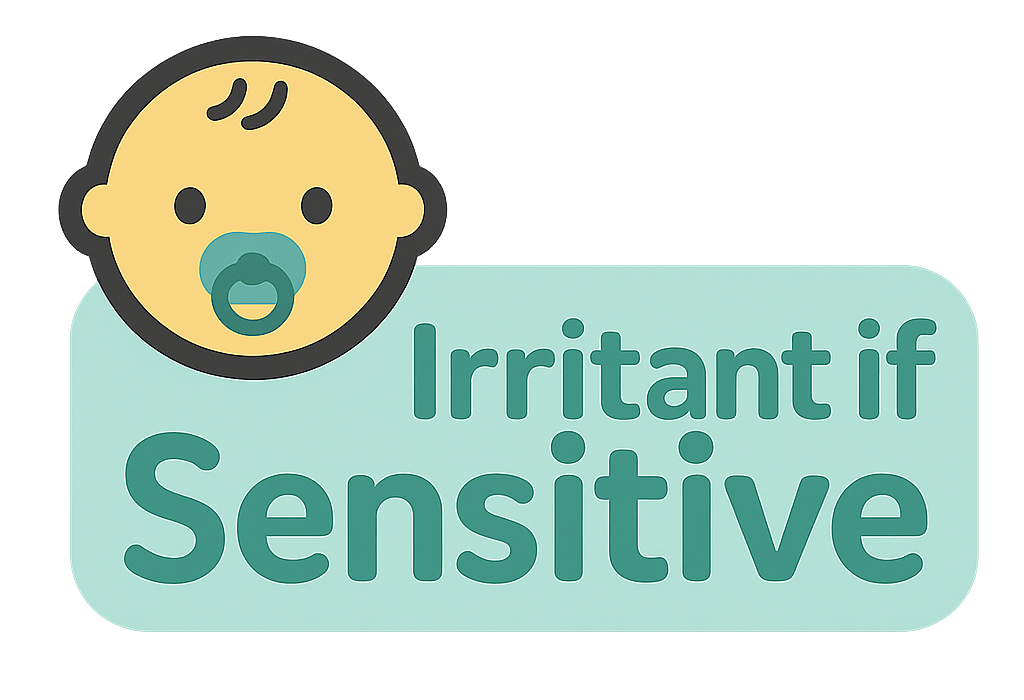Check for Different Age (6 available)
Is this kid-friendly to use Propylparaben?
ℹ️General Overview
For children aged 5 and up (school-age kids), propylparaben is a preservative that has some evidence of acting like a weak hormone and can cause skin allergies in sensitive people. The concern is lower than for babies and toddlers, but still worth paying attention to.
✅What to Do
When caring for a 5+ child: prefer paraben-free products for everyday, leave-on use (lotions, creams). If a product contains propylparaben, choose rinse-off items (shampoo, soap) rather than leave-on. Do a small skin patch test on the inner forearm before regular use. Avoid applying products with propylparaben to broken or irritated skin. Check product labels and choose products that follow national safety limits or are labeled for children.
⚠️Warnings
Watch for new redness, swelling, itching or rash where a product is used — these are signs of an allergic reaction (based on reported skin allergy cases). Regulators and expert panels have noted possible hormone-like effects and have set limits or restrictions on paraben use in cosmetics (sources include European and national safety reviews and expert cosmetic panels). If you see persistent irritation or any breathing problems, stop use and contact a healthcare provider.
Are you holding the product?
Scan the full ingredient label and understand if it's safe for your child.
Safety Risk Labels
This ingredient has the following documented risks:








Tap or hover over labels to see detailed risk information.
Alternative Names for Propylparaben
This ingredient may also be listed as:
Always check ingredient labels carefully, as ingredients may be listed under different names.
Products Containing Propylparaben
This ingredient is found in the following products:
This list shows products that contain Propylparaben or its alternative names.
Research Articles on Propylparaben
Scientific research related to this ingredient:
These research articles provide scientific evidence about Propylparaben safety and effects.
Common Questions About Propylparaben
Is this kid-friendly to use Propylparaben?
Use caution with Propylparaben for 5+ year old children. Some safety concerns have been identified.
What are the confuse hormones risks of Propylparaben for children?
Acts like fake hormones in the body, confusing natural signals.
What are the hormones risks of Propylparaben for children?
May mess with natural hormone development in babies and children.
What are the fertility risks of Propylparaben for children?
Some studies link this to future fertility or reproductive issues.
What are the irritant risks of Propylparaben for children?
Can cause skin redness, itchiness, or rashes—especially on sensitive baby skin.
What are the eczema risks of Propylparaben for children?
Linked to triggering or worsening eczema and similar skin conditions.
What are the immune system risks of Propylparaben for children?
Could weaken or confuse immune system.
What are the banned risks of Propylparaben for children?
Banned or heavily restricted in one or more countries.
What are the environmental risks of Propylparaben for children?
Possible negative effects on the environment
What products contain Propylparaben?
Propylparaben is commonly found in skincare products, cosmetics, and topical applications. Always check ingredient labels before use.
When can kids start using products with Propylparaben?
The appropriate age depends on the specific ingredient properties and concentration. This analysis is for 5+ year old children. Use the age selector above to check other ages.
Want to scan another product?
Use our camera scanner to analyze more ingredient labels
Scan Another Product